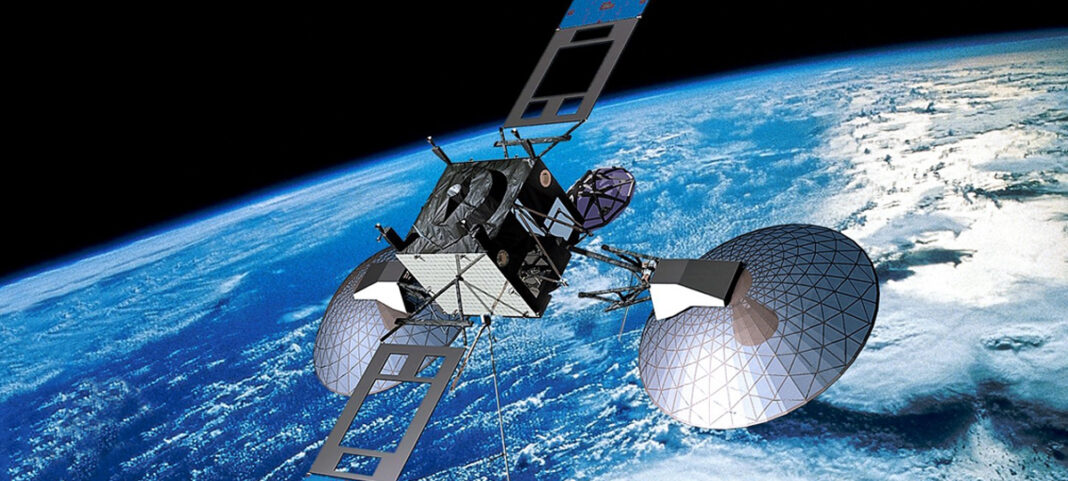The Federal Government has approved the launch of four new satellites to aid Earth observation and support the fight against insecurity in the country.
Minister of Innovation, Science and Technology, Chief Uche Nnaji, made the announcement on Wednesday during the closing session of the 22nd National Council on Innovation, Science and Technology (NCIST) held in Abuja.
According to the minister, the three Earth Observation satellites and one Synthetic Aperture Radar satellite will significantly enhance Nigeria’s ability to gather real-time data and imagery for national planning and security operations.
“The search satellite is designed to capture images in all weather conditions, day or night. This is a major step in improving our ability to monitor areas such as Sambisa forest and other security flashpoints without depending on foreign data,” Nnaji stated.
He noted that the launch aligns with President Bola Tinubu’s Renewed Hope Agenda and represents a strategic investment in science and technology to address Nigeria’s developmental challenges.
Nnaji also addressed the longstanding gap between research institutions and industry, calling for urgent steps to commercialize locally driven innovations.
“Nigeria can no longer afford a system where research ends in academic journals. We must build pathways that connect innovation to the market,” he said.
He revealed that the government is currently reviewing the National Science, Technology, and Innovation Policy through an inter-ministerial committee, with the aim of establishing a National Research and Innovation Fund to support startups and researchers.
“This Council marks the beginning of a new chapter, where students view innovation as a career and where inventions are guided to the market,” the minister said.
Although the 22nd edition of the NCIST was initially scheduled for 2024, it was delayed due to unforeseen circumstances. Nnaji assured stakeholders that plans are underway for the 23rd edition, which will restore the council’s regular calendar.
The three-day meeting attracted major stakeholders from academia, industry, and government. Mrs. Esuabana Nko-Asanye, Permanent Secretary of the Ministry of Innovation, Science and Technology, disclosed that a total of 109 memoranda were presented.
“These proposals addressed key issues such as commercializing indigenous research, funding mechanisms for innovation, and applying technology in critical sectors like agriculture, health, education, and energy,” she said.
Nko-Asanye stressed that stronger collaboration across sectors is vital for national development, particularly in tackling unemployment, insecurity, and climate change.
Representing the Secretary to the Government of the Federation, Dr. Morris Mbaeri, Permanent Secretary, General Services Office, also called for deeper collaboration between government, industry, and academia to unlock Nigeria’s innovation potential.
“The RDIC cycle Research, Development, Innovation, and Commercialization is crucial to building a sustainable and competitive economy,” he said.
Prof. Azikiwe Onwualu, President of the African University of Science and Technology (AUST), recommended that Nigeria increase its investment in Research and Development (R&D) to at least three percent of Gross Domestic Product (GDP).
He also called for the creation of more innovation clusters and hubs that unite universities, industries, and startups to accelerate project outcomes.
“We must operationalize the National Research and Innovation Council Fund as envisioned in the STI policy to coordinate national RDIC efforts,” Onwualu said.
The resolutions and recommendations from the 22nd NCIST will be forwarded to the Federal Executive Council for consideration and adoption.



